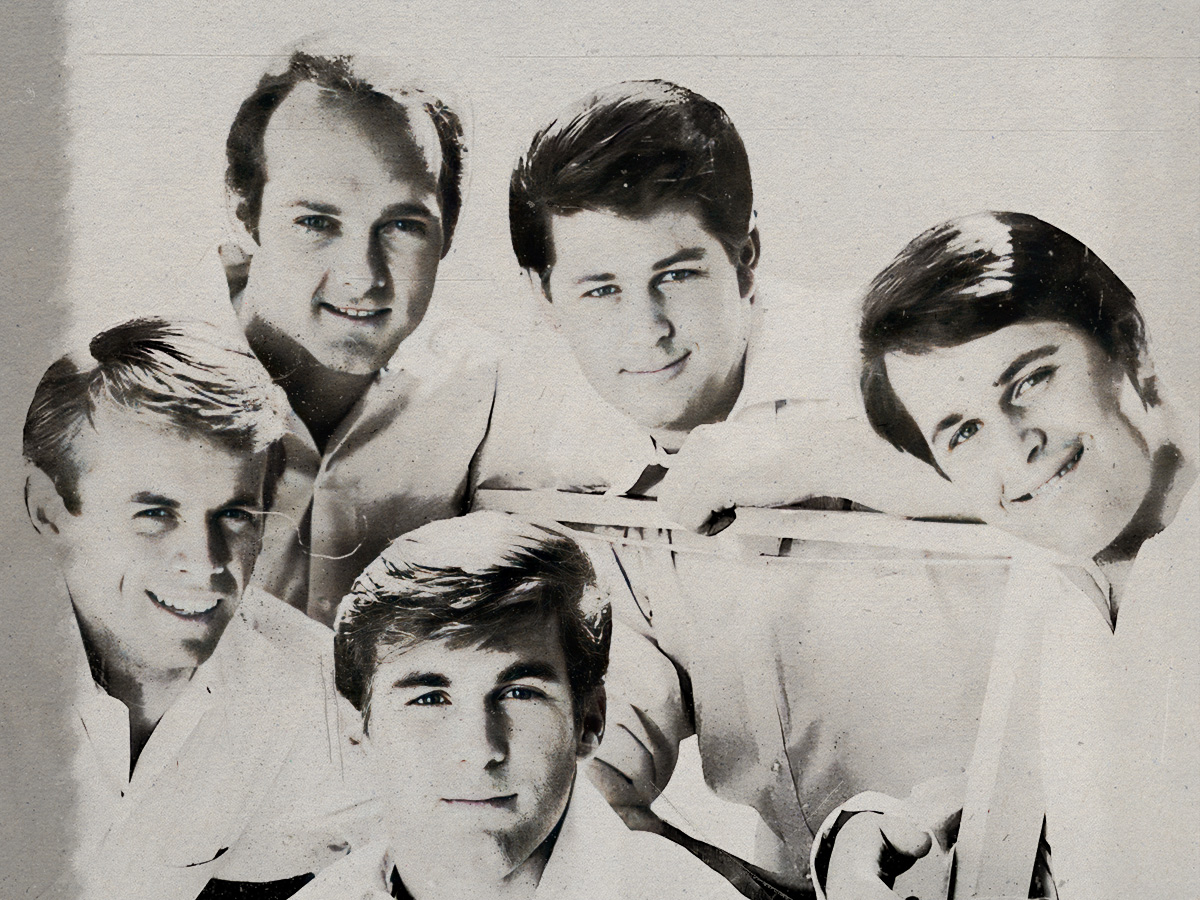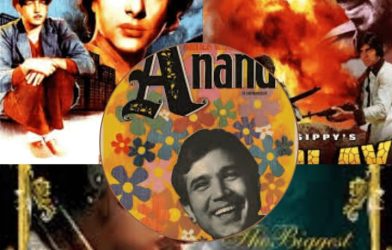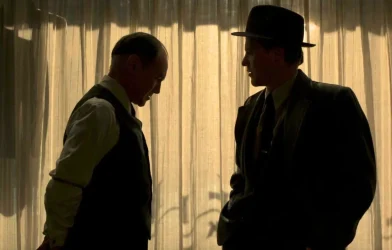
(Credits: Far Out / Alamy)
There’s something distinctly American about the bright and bushy-tailed bounce of The Beach Boys. For British people, it’s a peppiness that feels almost alien; one imagines much like James Bond’s stiff upper lip appears to the other side of the Atlantic. However, much like The Beach Boys, James Bond was a cultural phenomenon in the late 1960s.
Bond was a huge hit in the decade and not only offered to the world a new vision of what it meant to be British but did so with undeniable and intoxicating panache. For anyone who saw Edgar Wright’s Last Night in Soho, there’s a reason why Thunderball was the film on the marquee when Ellie is magically transported back to 1965 London. It was a film series emblematic of a new era, with a suave leading man in Sean Connery, bringing action, excitement, and glamour to the world. It was also a transatlantic hit, even landing on the sandy beaches of sunny California at the foot of The Beach Boys.
That’s where leader Brian Wilson was first taken with the series. “I loved Thunderball, which had come out the year before,” Wilson recalls in his 2016 autobiography, “and I loved listening to composers like Henry Mancini, who did these cool themes for shows like Peter Gunn, and Les Baxter, who did all these big productions that sounded sort of like Phil Spector productions.”
It’s a part of Bond’s legacy that is often forgotten. As well as being a huge hit at the theatres, the accompanying theme song is usually destined for number one around the world too, meaning joining the likes of Paul McCartney, Shirley Bassey and Jack White as being a composer who has written one has always been an alluring prospect for musicians. Even Brian Wilson.
Wilson decided to write a theme for the film series in a similar style to the composers he loved. Recorded right in the middle of the sessions for Pet Sounds, the song was originally titled ‘Run James Run’ and featured a unique mix of Leslie speaker-treated guitar, atypical orchestration, and exotic percussion, including empty Coke cans being used to simulate clicking sounds.

The results were pleasing to Wilson, but for whatever reason, Eon Production decided to pass on using the music in their upcoming Bond film You Only Live Twice. Nancy Sinatra recorded the theme when her father, Frank, turned down the opportunity. The instrumental wasn’t much of a theme, especially considering how Goldfinger and Thunderball had moved the series’ themes in a more brassy and belting direction, and away from the orchestral instrumentals that served as themes for Dr. No and From Russia with Love.
Wilson decided that the track was too good to waste, and so he looked to incorporate it into Pet Sounds. That album already had an instrumental, ‘Let’s Go Away for Awhile’, but Wilson found a solid placement for the new instrumental track as the penultimate song on the album, right before the stirring finale of ‘Caroline, No’. No longer wishing to hold onto the Bond connection, Wilson retitled the song after its parent album, and the instrumental will forever be known as ‘Pet Sounds’.
Sonically, this piece captures the energy and adventurous spirit of the record. It’s impossible to capture with any genre label or easy descriptor, as Wilson grabbed whatever he liked from any sounds that inspired him and merged them into something new and exciting. It can’t live up to the album’s other lyrical efforts or hits, but as a piece of music, it’s one of the puzzle pieces that makes the record such a flawless start-to-finish listen.
Wilson never got to contribute to the Bond series, but he did write another song with the title ‘Run James Run’ during the sessions for the 2015 album No Pier Pressure. The track would eventually be released on the compilation album Playback: The Brian Wilson Anthology.
Related Topics









